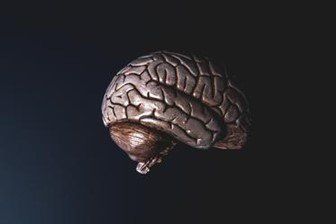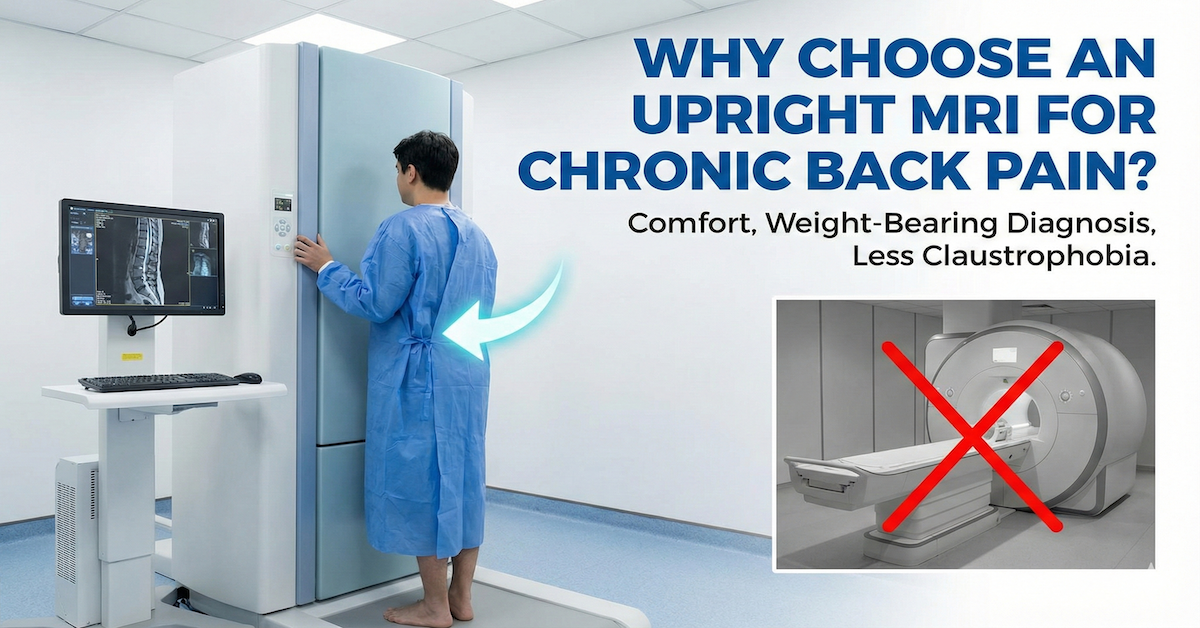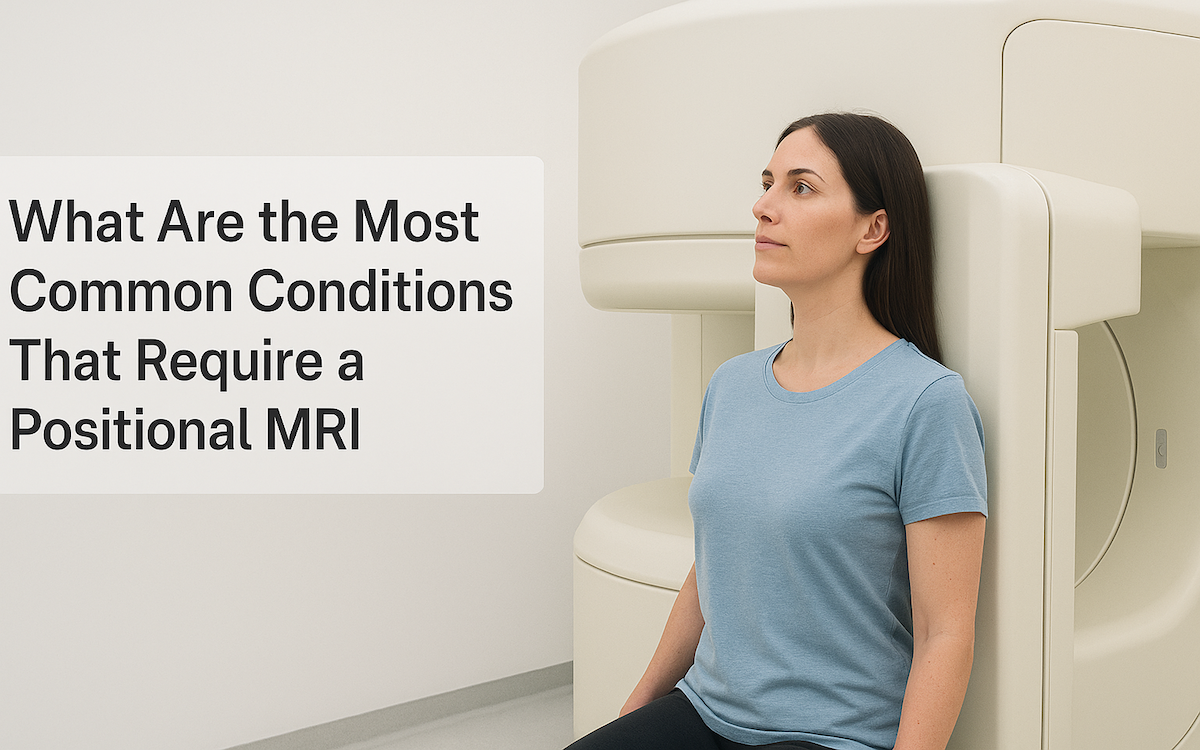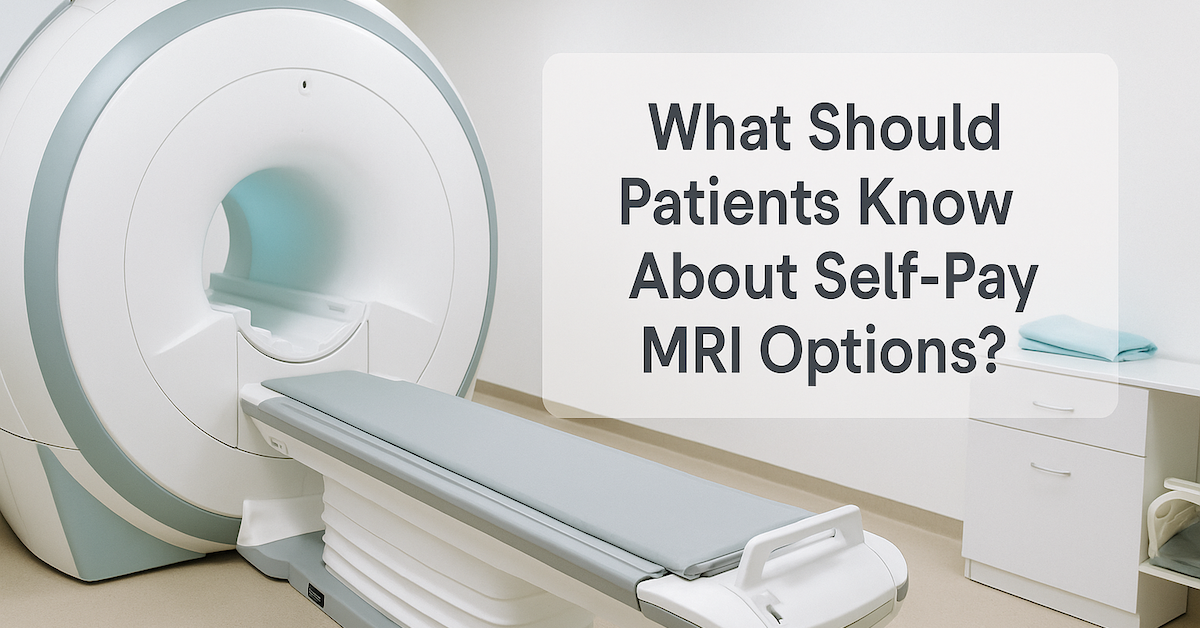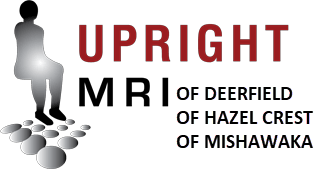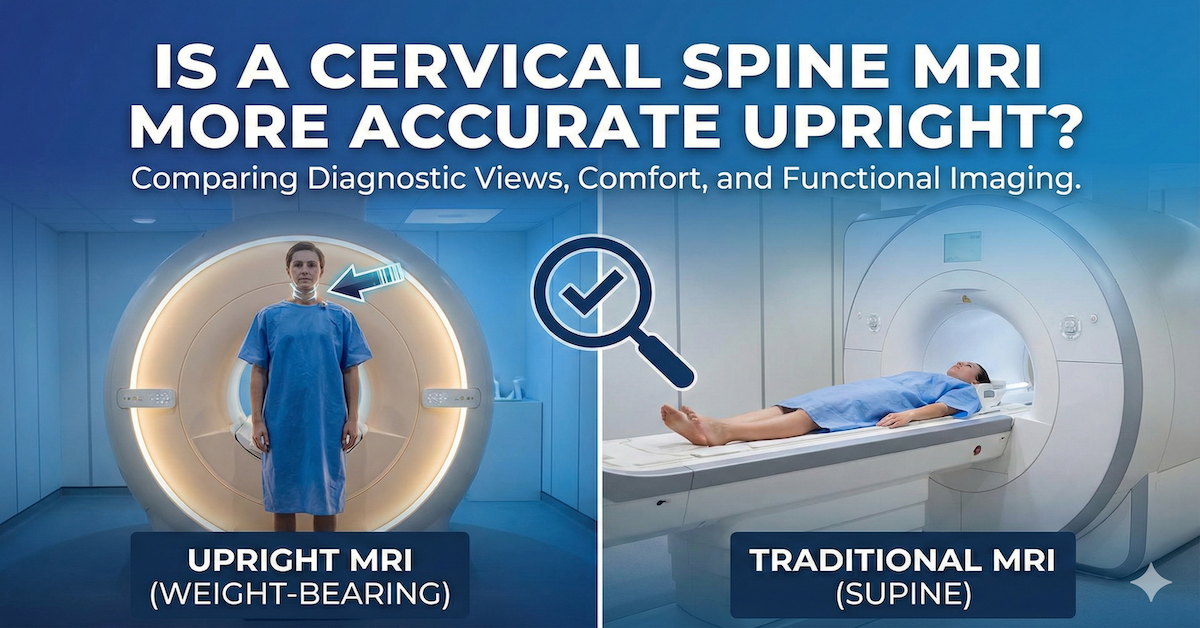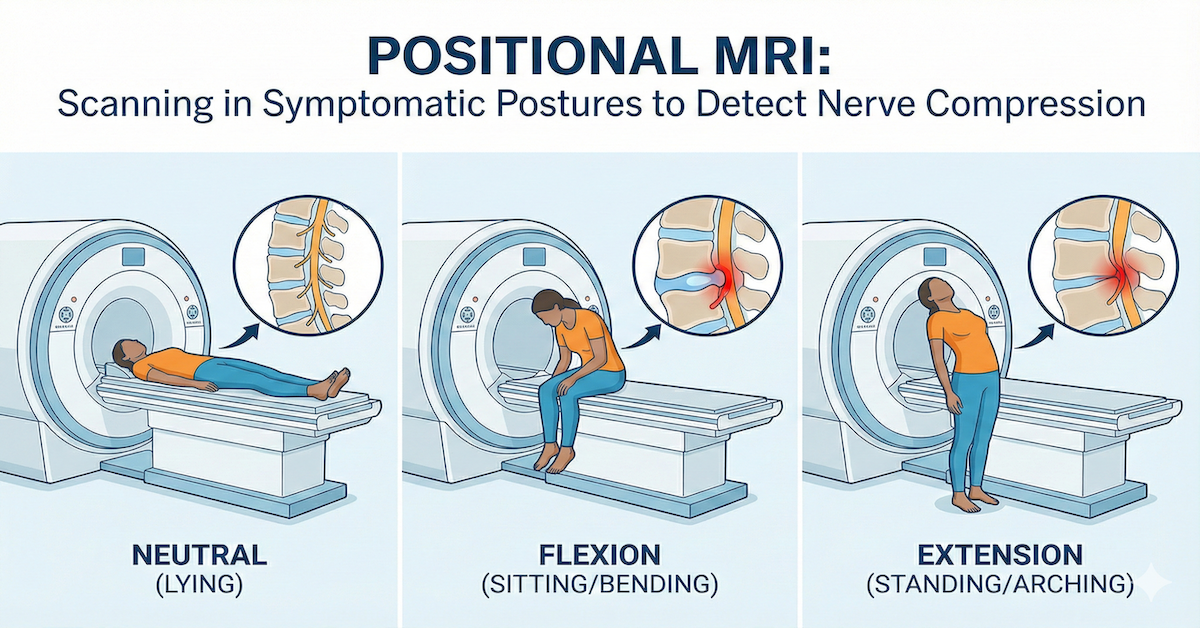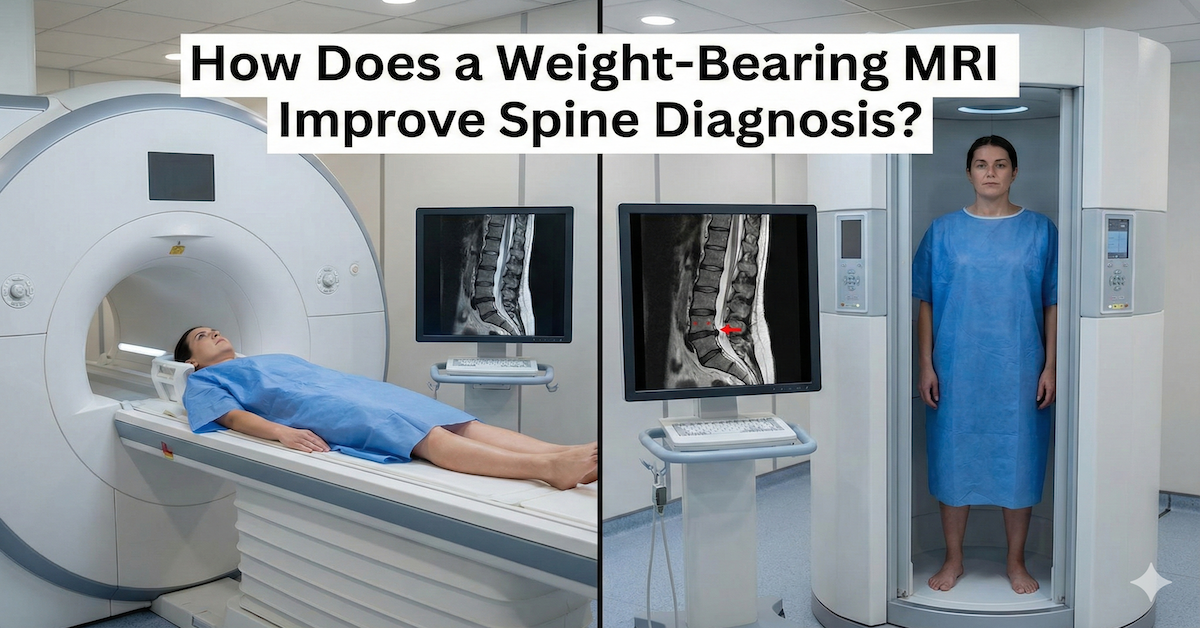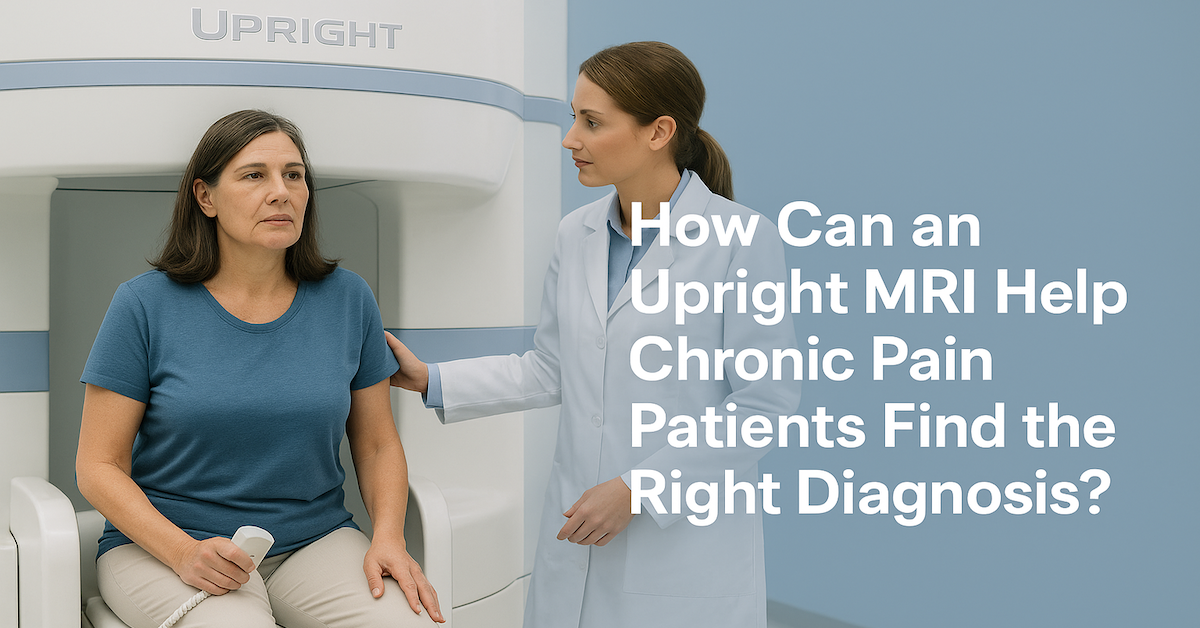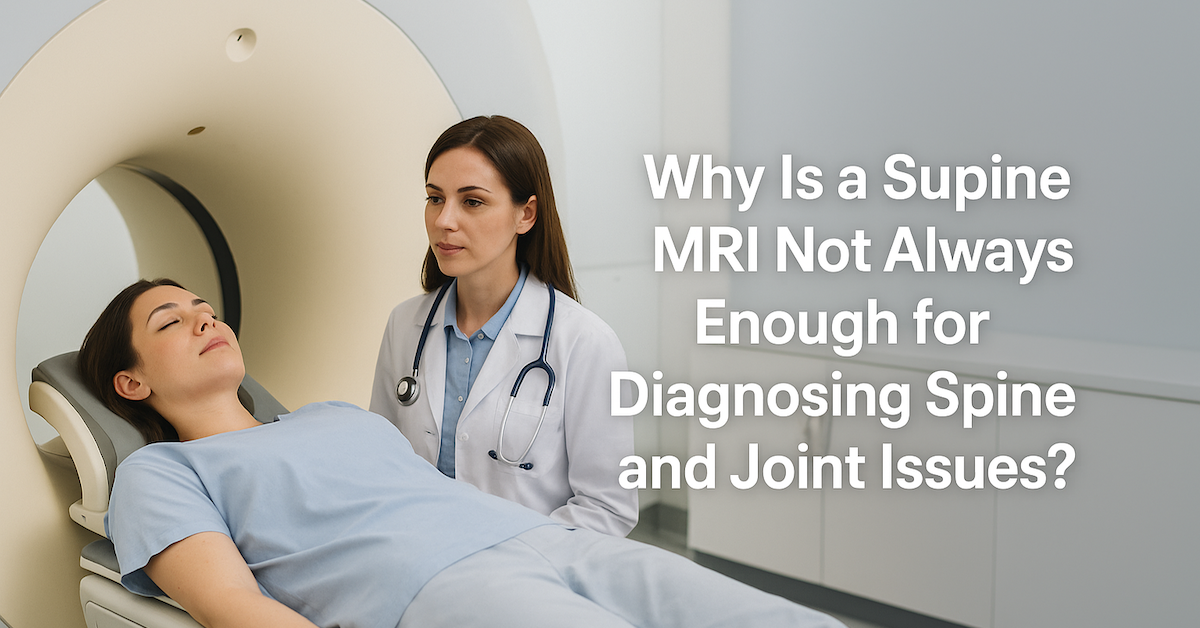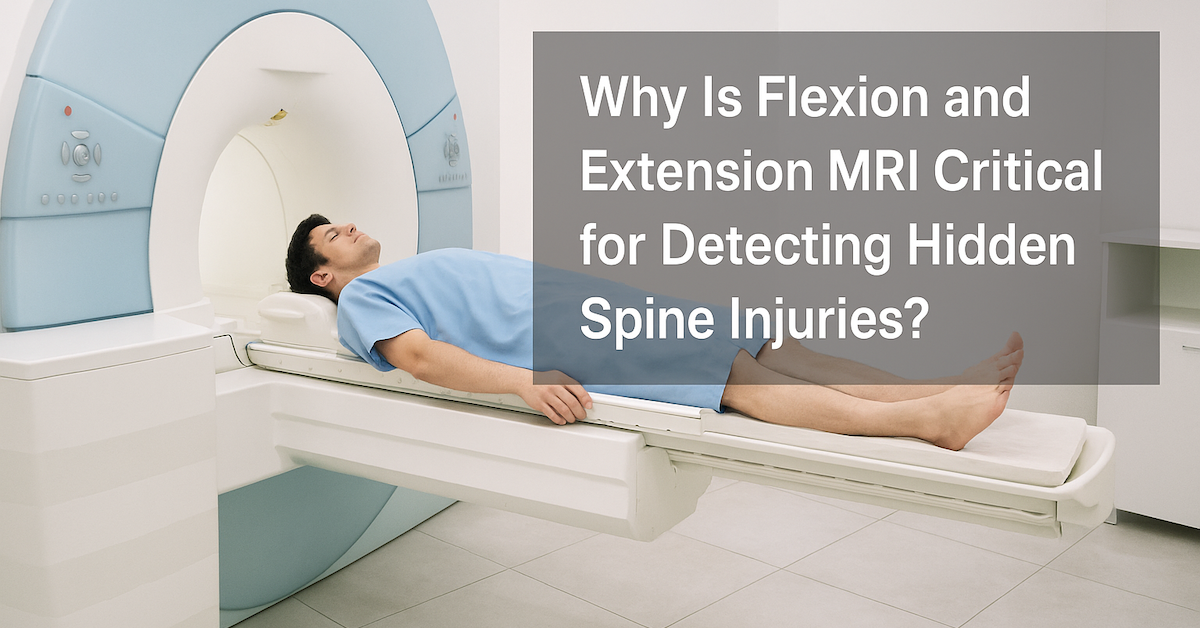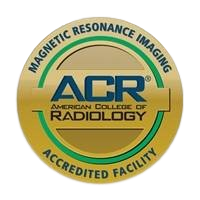In fact, according to
NCBI, its ability to reveal the inflammatory and neurodegenerative processes in the brain and spinal cord has made MRI the most commonly used technique to evaluate patients with MS.
About multiple sclerosis (MS)
The National Multiple Sclerosis Society
defines MS as an unpredictable disease of the central nervous system that disrupts the flow of information within the brain, and between the brain and body. The cause is still unknown, although scientists believe that a combination of environmental and genetic factors may contribute to its development risks.
Common MS symptoms
MS occurs when the immune system attacks the protective sheath (myelin) that covers nerve fibers in your body. This causes communication issues between the brain and the rest of your body. Here’s what that looks like:
Movement loss and problems, including:
· Weakness or numbness in limbs
· Sporadic electric-shock sensations in neck
· Trembling, tingling in parts of the body
· Pain in parts of the body
Vision and sight symptoms, including:
· Loss of vision
· Double vision
· Blurred vision
Additionally, MS symptoms may include:
· Slurred speech
· Dizziness and fatigue
· Problems with sexual function
· Problems with bladder or bowel control
If you are experiencing any of the symptoms below, talk to your doctor about scheduling an MRI exam at Upright MRI of Deerfield, the world’s most patient-friendly MRI.
About magnetic resonance imaging (MRI)
Magnetic resonance imaging (MRI) is a non-invasive way of looking at what’s going on inside the body. It does this by using powerful magnets and radio waves to create detailed images of the organs and tissues within.
Completely safe and non-invasive, MRIs are considered one of the most successful medical inventions in history. And in recent years, new developments
in MRI technology have revolutionized the way doctors diagnose and treat MS.
How MRI identifies MS
If you are experiencing symptoms of MS, your doctor might refer you to get an MRI exam. MRIs allow doctors to find and examine lesions in your central nervous system (CNS). In the images, lesions will show up as white or dark spots.
Please note that the amount of lesions shown in an MRI doesn’t always mean that a patient has MS. Not all lesions in the CNS are due to MS, and not all patients with MS have lesions. In fact, according to
National MS Society, MRI shows there are no lesions in 5 percent of patients with “clinically definite MS” at the time of diagnosis.
With contrast dye, an MRI can highlight any inflammation of active lesions, which signifies MS disease. They also show areas of permanent damage called “black holes”.
Treatment and follow-up
Once a patient a diagnosed with MS, MRIs can additionally help in monitoring the disease and in making treatment decisions. If your doctor has you get an MRI and you are diagnosed with MS, you will likely come back for follow up MRIs to see if the treatment is successful.
While there is no one cure for MS, there are several treatments that can help speed recovery from attacks, control muscle movement, and slow the progression of the disease.
About Upright MRI of Deerfield:
Upright MRI of Deerfield is
recognized as the world leader in open MRI innovation,
offering patients the peace of mind they deserve, and the most accurate diagnoses possible. Our MRI scanner is 70% quieter than other MRIs, and is designed to scan patients in a variety of positions, including standing, sitting, bending and laying down. It is also considered the one true “open MRI”.
To learn more about scheduling an appointment, please visit our
website or call (847) 291-9321.
